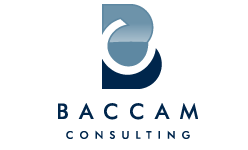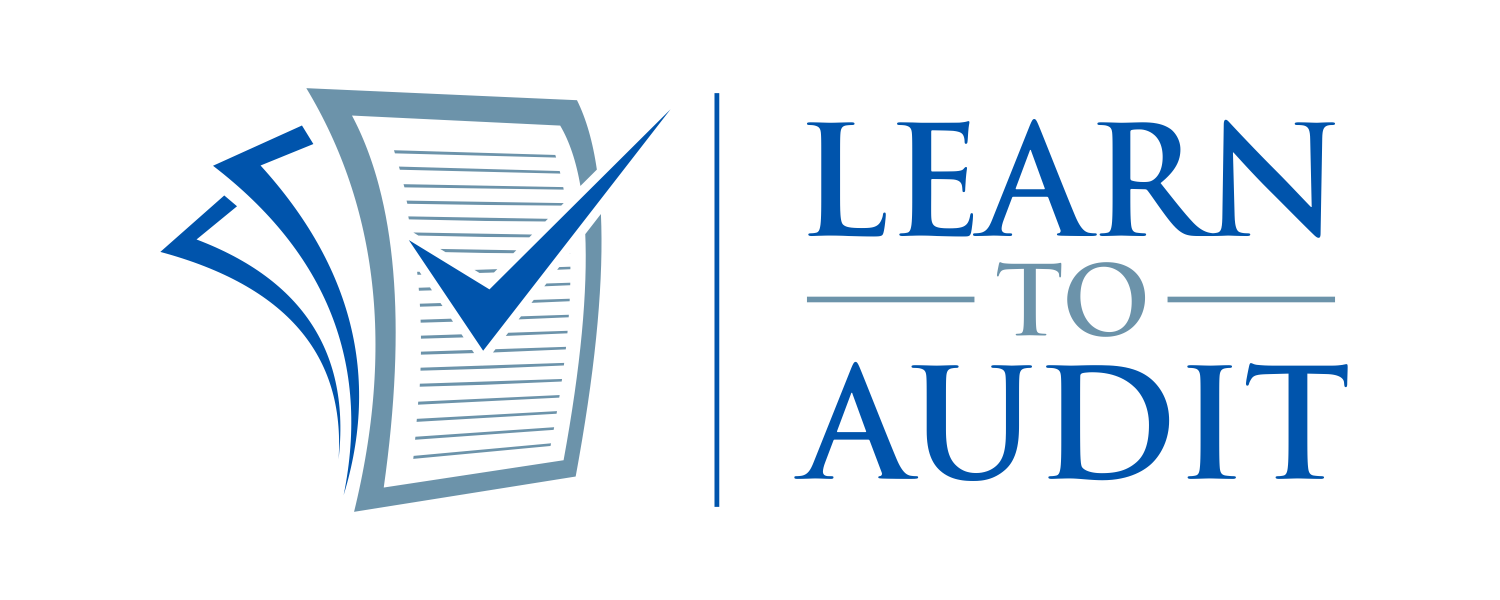Understanding and Auditing Cloud Technologies
This 2-day course is designed to equip auditors with a practical understanding of the core cloud technologies that underpin many modern IT cloud audits. As these technologies continue to shape enterprise environments, it is essential for auditors to grasp how they function and how to assess them effectively. Through immersive, hands-on experience, participants will engage directly with the platforms and tools most commonly encountered in today’s cloud audit landscape. – Tools that auditees are using on a regular basis. This experiential learning approach deepens technical comprehension and empowers auditors to ask more informed, targeted questions during engagements. Once the foundational technologies are explored, the course will guide students through key audit procedures, ensuring they leave with the confidence and knowledge required to conduct thorough, cloud technology-specific audits.
CPE:
14
Program Level:
Intermediate
Delivery Method:
Live
Cost :
$675 for this live 2-day course

Course Contents/Objectives
A. Orchestration Concepts
• Orchestration Background
• Container Orchestration to manage scale and complexity
• Cloud Orchestration
• Infrastructure Orchestration
• Infrastructure as Code
• Terraform
• Kubernetes
• Auto-placement and clustering
• Horizontal pod autoscaling
• Storage provisioning and security
• Logging, monitoring, alerting
B. Hands-on with Orchestration
C. How to audit Orchestration
A. API an Microservices Concepts
• API and Microservices Background
• Types of APIs
• API Landscape
• API specifications
• Microservices Communication
• Microservices Deployment & Scaling
• Benefits of APIs and Microservices
• Challenges with APIs and Microservices
• Best practices for Design
B. Hands-on with APIs and Microservices
C. How to audit APIs and Microservices
Laptop Required
Students are required to have a laptop in order to complete the hands-on exercises. The laptop should meet the following specifications for the student to get the most from the exercises:
• 16 GB RAM or higher
• 25 GB available hard drive space
• Windows 11 professional or later
• Administrator privileges including the capability to install and run tools, as well as disable anti-virus
• VMWare Player/Workstation should be installed
Target Audience
• Internal Auditors
• IT Specialist Auditors
• IT Auditors
• IT Audit Managers
• Information System Auditors
• Information Technology Auditors
• Information Security Officers
Prerequisites
Participants should be familiar with Internet technologies and commonly used Internet security controls. No other advance preparation is required.
What People Say About Us

Chris

Dottie

Justin









